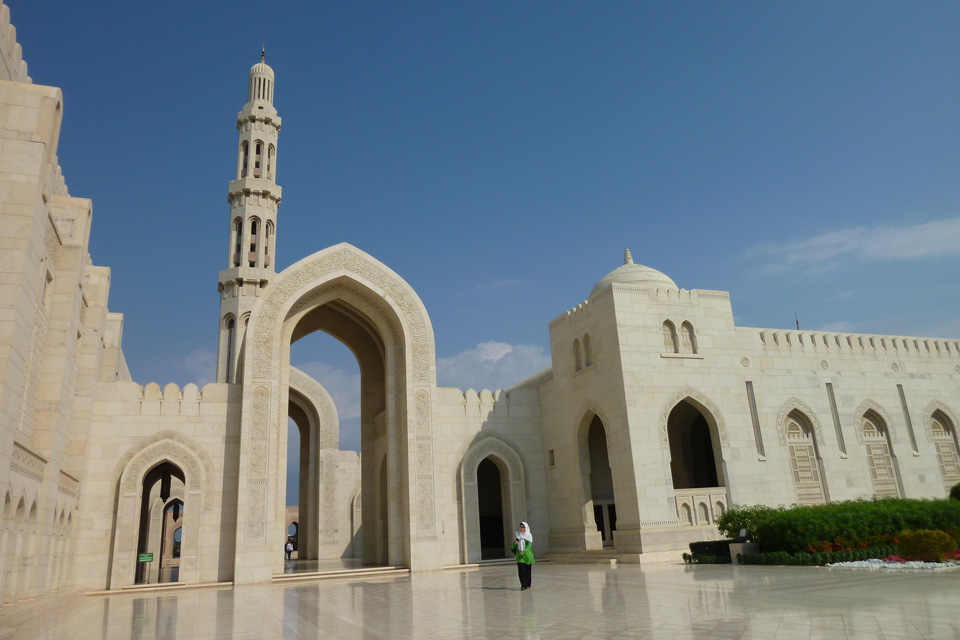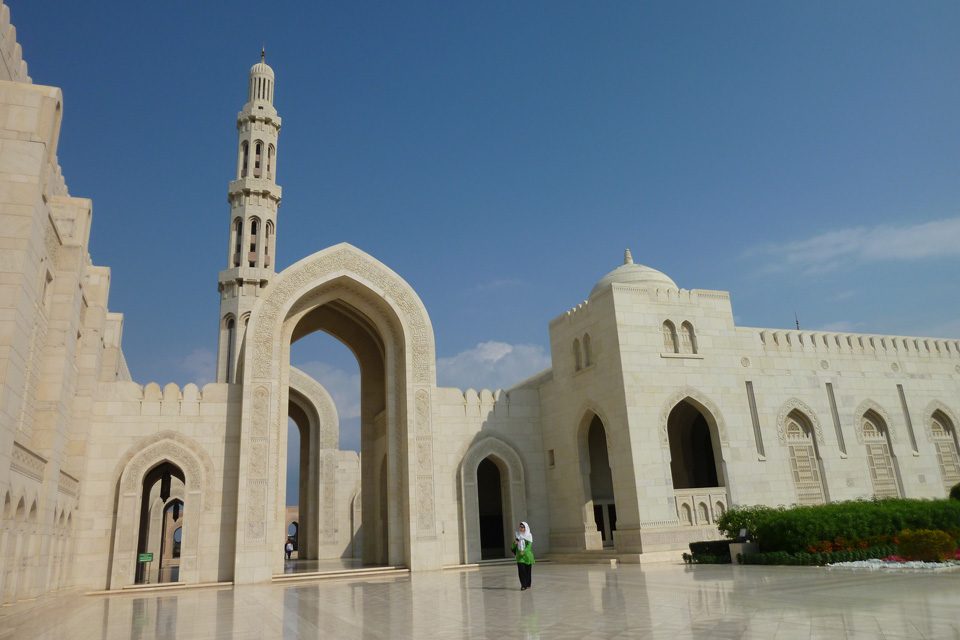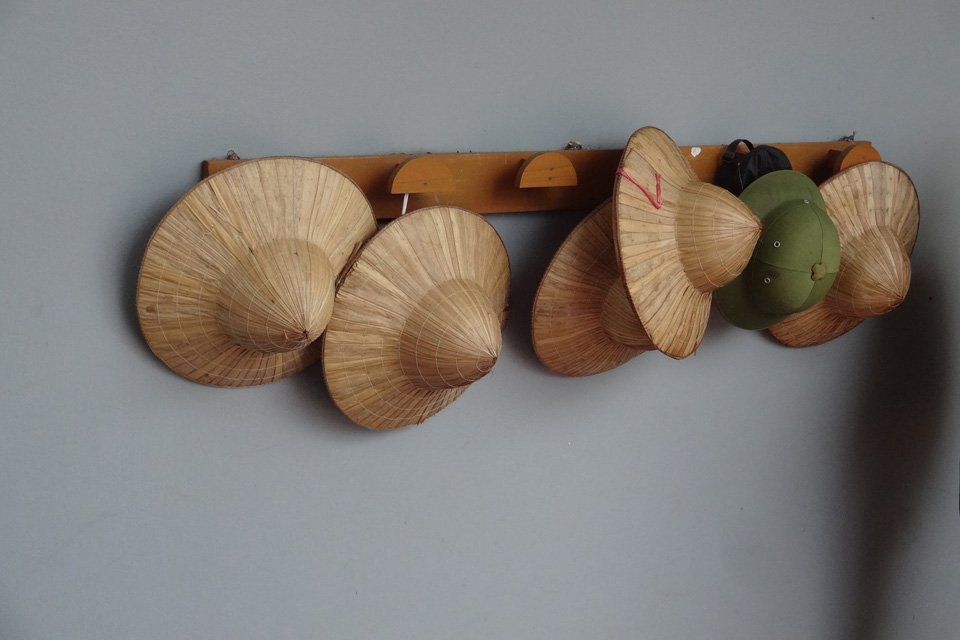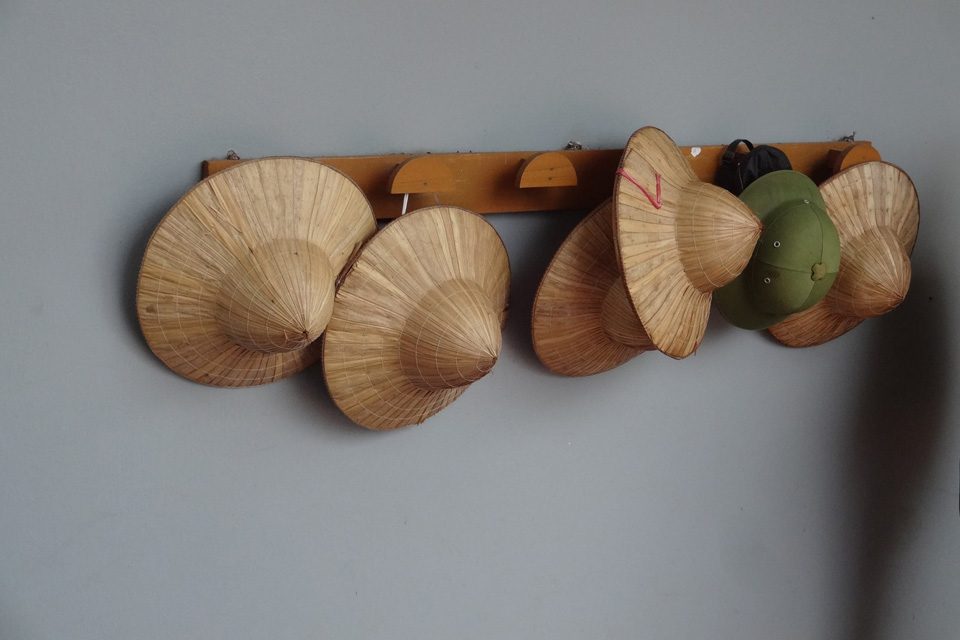- ABOUT IHSSABOUT IHSS
- PEOPLE
- NEWS & EVENTSNEWS & EVENTS
- RESEARCHRESEARCH
- FELLOWSHIPS & GRANTSFELLOWSHIPS & GRANTS
- TEACHING & LEARNINGTEACHING & LEARNING
- PUBLICATIONSPUBLICATIONS
Core members
Background
The Mediterranean, the Indian Ocean and the South China Sea have been linked by intercultural trade and regional ports for centuries. Rejuvenated cross-border businesses in Guangxi, Yunnan, Burma and Vietnam in recent decades have intensified cultural exchange and political volatility. These historically global processes in the region need comprehensive analytical frameworks. The team will explore cultural change associated with trade and imperial empires, diasporic communities, religious traditions and colonial encounters over the last 15 centuries.
Building Blocks
The program team met at Yale University in December 2009 to present summary ideas on distinctive historical moments, sites, social groups and institutions. The theme of maritime connections challenged land-based, state-centered paradigms that have dominated scholarly thinking for an entire century. The theme was expanded in the second workshop in Hong Kong held from December 20 – 21, 2010. The workshop, entitled “Asia Inside Out: Period”, aimed to stimulate unconventional research on rethinking the concept of “Asia” and to refine theory and methods in regional studies. Two days of presentations were followed by a focused visit to the ancient and contemporary trading ports / cities in South India. Participants examined the region’s multi-ethnicity, and the evolution of historical trading communities spanning from East Asia, Southeast Asia, the Indian Ocean to the Middle East.
The meeting was convened by Helen F. Siu (Anthropology, Yale) and Eric Tagliacozzo (History, Cornell), with speakers from Cambridge University, University of London, University of Washington, Rice University, Wake Forest University, and Kagawa University.

The second workshop, held at the Weill Cornell Medical Center in Doha, Qatar, brought together experts in history, economics, and the social sciences from around the world (Hong Kong, Korea, the United States, the Netherlands, and Taiwan) to discuss historical and contemporary inter-Asian connections. This workshop emphasized the significance of place. Papers emphasized a diverse range of inland and coastal Asian sites that served as nodes connecting or restricting the flow of goods, including the Pearl River Delta, Tonkin Gulf, Indian Ocean, northern Burma, the Himalayas, Kirghizstan, and Korea.
The juncture of the Persian Gulf and Indian Ocean has been, and remains, one of the major centers of inter-Asian contact. Participants in this conference took advantage of a unique opportunity to witness this crucial region at a time of dynamic development. Following the conclusion of the workshop, participants visited several sites in Doha that highlight these connections.
The group continued in Oman to examine the historical and contemporary context of a major contact point between the Middle East, Indian Ocean, and East Africa. During a four-day visit, the group was introduced to the major ecologies and cultural areas of country, notably the coast (the major port cities of Musqat and Sur), mountainous inland oasis towns (Nizwa and Misfat), and the homeland of the desert nomads. Aside from having the opportunity to speak with locals and migrants, the group was able to tour mosques, souqs, castles, and restored villages.

The second workshop, held at the Weill Cornell Medical Center in Doha, Qatar, brought together experts in history, economics, and the social sciences from around the world (Hong Kong, Korea, the United States, the Netherlands, and Taiwan) to discuss historical and contemporary inter-Asian connections. This workshop emphasized the significance of place. Papers emphasized a diverse range of inland and coastal Asian sites that served as nodes connecting or restricting the flow of goods, including the Pearl River Delta, Tonkin Gulf, Indian Ocean, northern Burma, the Himalayas, Kirghizstan, and Korea.
The juncture of the Persian Gulf and Indian Ocean has been, and remains, one of the major centers of inter-Asian contact. Participants in this conference took advantage of a unique opportunity to witness this crucial region at a time of dynamic development. Following the conclusion of the workshop, participants visited several sites in Doha that highlight these connections.
The group continued in Oman to examine the historical and contemporary context of a major contact point between the Middle East, Indian Ocean, and East Africa. During a four-day visit, the group was introduced to the major ecologies and cultural areas of country, notably the coast (the major port cities of Musqat and Sur), mountainous inland oasis towns (Nizwa and Misfat), and the homeland of the desert nomads. Aside from having the opportunity to speak with locals and migrants, the group was able to tour mosques, souqs, castles, and restored villages.

The third workshop was held in Hanoi, from January 9 – 13, 2017, a city with many layers of history of inter-Asian trade over land and sea. The workshop focused on “People and Process”, individuals and groups become the most important avenue of understanding institutions and their dynamic transformations. Scholars from different parts of the world (China, Hong Kong, France, India and the United States) came together in Hanoi, Vietnam and discussed how people have fabricated an “Asia” through their mobility and rootedness.
Two days of presentations were followed by a local tour to Lan Ha Bay, Cai Beo Fishing Village and Thai Nguyen Tea Planation in Hanoi. Cai Beo Fishing Village is one of the most famous ancient floating fishing village in Vietnam. Participants got the chance to explore indigenous culture and daily life of fishermen, and to interview some local people in the village. Moreover, Thai Nuguyen province is the most famous destination for Green Tea in Vietnam. In the green tea garden, participants strolled through the tea fields and explored the surrounding of the hill station. They have also interacted with local tea growers. With contribution of the scholars, a volume from this workshop, Asia Inside Out: Itinerant People, was published in 2019 by Harvard University Press.

The third workshop was held in Hanoi, from January 9 – 13, 2017, a city with many layers of history of inter-Asian trade over land and sea. The workshop focused on “People and Process”, individuals and groups become the most important avenue of understanding institutions and their dynamic transformations. Scholars from different parts of the world (China, Hong Kong, France, India and the United States) came together in Hanoi, Vietnam and discussed how people have fabricated an “Asia” through their mobility and rootedness.
Two days of presentations were followed by a local tour to Lan Ha Bay, Cai Beo Fishing Village and Thai Nguyen Tea Planation in Hanoi. Cai Beo Fishing Village is one of the most famous ancient floating fishing village in Vietnam. Participants got the chance to explore indigenous culture and daily life of fishermen, and to interview some local people in the village. Moreover, Thai Nuguyen province is the most famous destination for Green Tea in Vietnam. In the green tea garden, participants strolled through the tea fields and explored the surrounding of the hill station. They have also interacted with local tea growers. With contribution of the scholars, a volume from this workshop, Asia Inside Out: Itinerant People, was published in 2019 by Harvard University Press.
Publications
2019 Tagliacozzo, Eric, Siu, Helen F., Perdue, Peter C. (eds.), Asia Inside Out: Itinerant People, Harvard University Press. (Details)
2015 Tagliacozzo, Eric, Siu, Helen F., Perdue, Peter C. (eds.), Asia Inside Out: Connected Places, Harvard University Press. (Details)
2015 Tagliacozzo, Eric, Siu, Helen F., Perdue, Peter C. (eds.), Asia Inside Out: Changing Times, Harvard University Press. (Details)
Events and Activities
Workshop on “Asia Inside Out: Mobile Peoples” cum fieldtrip to Hanoi. (January 8 – 13, 2017)
Workshop on “Asia Inside Out: Place” cum fieldtrip to Qatar and Oman. (December 15 – 22, 2011) (Details)
Workshop on “Asia Inside Out: Period” cum fieldtrip to South India. (December 20 – 28, 2010) (Details)
Copyright © 2025 Hong Kong Institute for the Humanities and Social Sciences, The University of Hong Kong. All Rights Reserved.